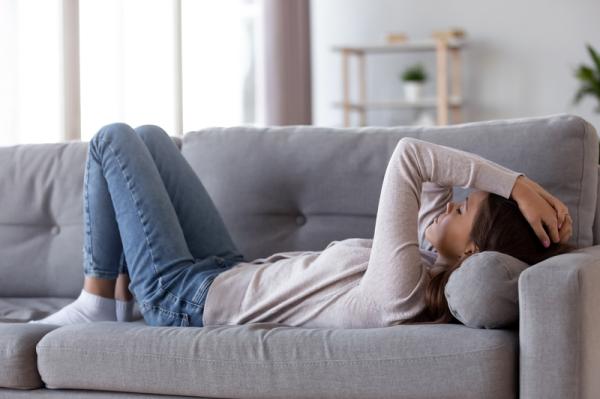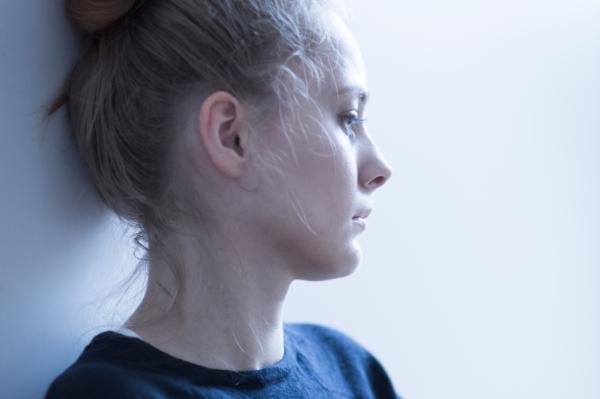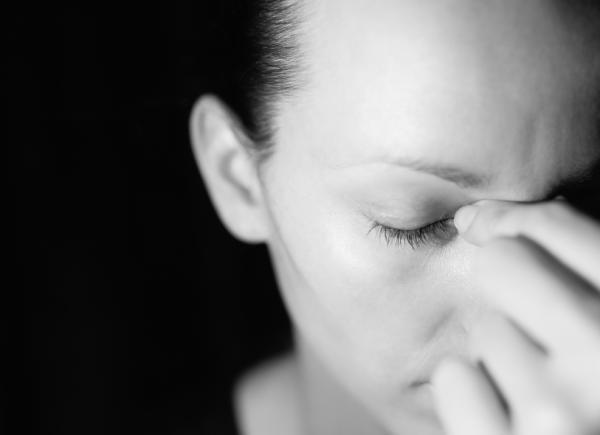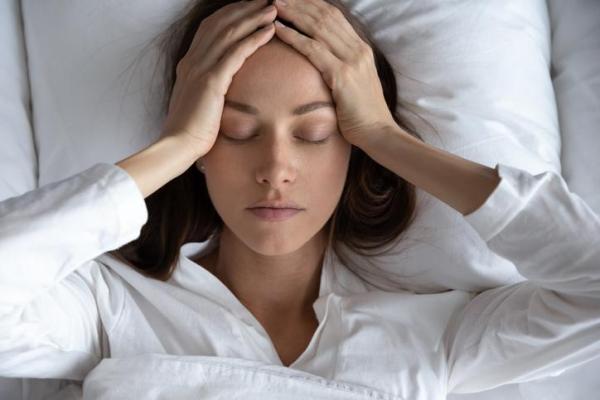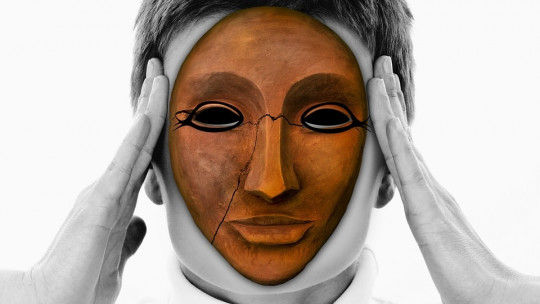Life is full of stressful moments that can have consequences on our body and mind. In this sense, on more than one occasion the demands imposed by today’s society produce levels of stress that cannot be channeled appropriately. Why do I feel so exhausted after having been subjected to a state of persistent nervousness? How does this exhaustion manifest itself in the body? Is there any way to combat it? The area of mental health has been responsible for studying in detail the relationship that exists between episodes of psychological tension and their effect on the body.
For its part, psychology has also joined the sciences that try to answer this problem. In this PsychologyFor article we explain what anxiety fatigue is like, symptoms, duration and treatment.
What is anxiety fatigue like?
Regardless of the definition we may have about anxiety fatigue, this symptom usually occurs after having gone through an episode of intense anxiety. As a result of these moments, a exhausted caused by the physical and mental tension experienced.
In other words, anxiety disorders are characterized by considerable energy expenditure that can cause fatigue over a prolonged period of time.
ymptoms of anxiety fatigue
Anxiety fatigue has some manifestations that occur in people who have gone through complex moments in life. The main symptoms of anxiety fatigue include:
- stomach pains.
- Hypersomnia.
- Shortness of breath.
- Excessive sweating.
- Palpitations.
- Dizziness Here we explain how to remove dizziness due to anxiety.
- Nausea and/or vomiting.
- Tremors.
- Muscle tension.
- Excessive distress.
- Irritability.
- Avoidance of social situations.
Beyond the description just made, it should be noted that the presence of any of these symptoms in isolation does not necessarily represent a picture of anxiety fatigue. It is essential that the diagnosis be made by a mental health professional who evaluates the characteristics of each person.
Why anxiety causes extreme fatigue
As we have mentioned before, Anxiety requires an expenditure of physical and mental energy extremely high, which will cause the person’s brain waves to interact with greater emphasis during these moments of anxiety.
For this same reason, in these cases problems may arise in carrying out adequate repair of muscle tissues during moments of rest.
How long does anxiety fatigue last?
Although there are no exact parameters for the specific duration of this situation, it is possible to establish an average time that can vary according to the qualities of each human being. In general terms, anxiety fatigue can last between days and weeks.
The prolongation of time is directly linked to the level of stress experienced and the resources available to the person to face these moments of anxiety.
Treatment of anxiety fatigue
Despite the various complications that this problem can cause, luckily there are effective approaches that help improve the patient’s quality of life. Below we explain which are the best treatments for extreme fatigue due to anxiety:
Psychological therapy
First of all, one of the most effective methods to treat anxiety fatigue is to go to psychological therapy. Psychological therapy is a space that invites reflection about personal aspects that generate inconveniences in various areas of a person’s life.
On the one hand, here we can find the short term therapies, which emphasize the emotions, thoughts and behaviors that cause the symptoms involved in anxiety fatigue. In this type of treatment, tools are built to face stressful situations in a more pleasant way. The most effective short-term approach is cognitive-behavioral therapy.
On the other hand, there are long-term treatments that try to locate the origins of conflicts from the memory of childhood situations. The most well-known and effective long-term method is psychoanalysis.
Psychiatric medication
In cases of considerable severity that may put the person or third parties at risk, the supply of anxiolytics decreases brain activity that the game is put in situations of anxiety.
However, it is essential that the intake of psychiatric medications is always supervised by a mental health professional who supervises the treatment. In this article you will find information about Types of anxiolytics.
This article is merely informative, at PsychologyFor we do not have the power to make a diagnosis or recommend a treatment. We invite you to go to a psychologist to treat your particular case.
If you want to read more articles similar to What is anxiety fatigue like, symptoms, duration and treatment we recommend that you enter our Clinical Psychology category.
Bibliography
- Martínez Mallen, M., López Garza, DN (2011). Anxiety disorders. Neurology, Neurosurgery and Psychiatry Magazine, 44 (3), 101-107.
- Sierra, JC, Ortega, V., Zubeidat, I. (2003). Anxiety, anguish and stress: three concepts to differentiate. Mal-estar E Subjecttividade Magazine, 3 (1), 10-59.

